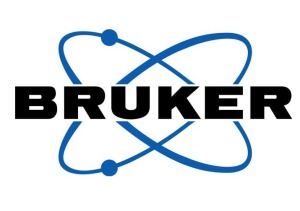Bruker in deal to acquire JPK Instruments
by
Thomas Dworetzky, Contributing Reporter | July 16, 2018

Bruker Corporation is buying JPK Instruments. No financial details of the deal were disclosed.
Berlin-based JPK, which makes microscopy instruments for biomolecular and cellular imaging, had revenues of 10 million Euros in 2017.
"The business we have built aligns well with the new strategic direction of Bruker in life science microscopy, and we are very pleased to join them," stated Dr. Torsten Jaehnke, a JPK founder and CTO. "We plan to realize a number of valuable synergies going forward."
Bruker's present fluorescence microscopy techniques – performance-leading multiphoton microscopy, swept-field confocal microscopy, super-resolution microscopy, and single-plane illumination microscopy – should be a good fit with JPK's expertise in live-cell imaging, cellular mechanics, adhesion, and molecular force measurements, optical trapping, and biological stimulus-response characterization.
"We have been making a substantial investment in advanced technologies for life science imaging, and have built up a portfolio of fluorescence microscopy products that enable biologists in research areas that require deep, fast imaging at high resolution and at low phototoxicity," Bruker NANO Group president Dr. Mark R. Munch said. "JPK's products and applications capabilities nicely augment our current techniques."
The firms have a number of offerings that cover a multitude of techniques – and markets.
JPK's BioAFM and optical tweezer product lines enable a variety of techniques, including biological sample imaging and the ability to characterize biomolecular and cellular force interactions. Its NanoWizard 4 BioScience AFM brings together atomic force imaging, advanced optical fluorescence imaging and super-resolution microscopy to give “the ultimate combination in image resolution for molecules, membranes, and live cells,” according to the Bruker statement.
It also offers ForceRobot for single-molecule force spectroscopy and CellHesion for quantitative force measurement of live cells and tissues. And JPK's NanoTracker optical tweezer permits an all-optical means for molecular and cellular force experiments.
These JPK offerings fit well with Bruker's advanced fluorescence microscopy products, said the company. These include its Ultima multiphoton microscopes and the Opterra swept-field scanning confocal fluorescence microscope, which permits live-cell imaging able to allow dynamic observation of fast cellular events.
|
|
|
You Must Be Logged In To Post A Comment
|
